Harry Potter Explains How Fetuses are People
The Wizarding World of Harry Potter established a schema to define which people may be classified as wizards. We can use an analogous schema to deduce which humans qualify as people.

Harry Potter is a wizard by his essential kind. That means, because he inherited the nature of his two wizard parents, Harry belongs to the kind of beings that are magic, even when he can’t express his magical nature. Magic is a functional ability. The ability to have magical ability is the capacity of magic.
Harry has the essential capacity of magic. This means that at any given time, by virtue of belonging to wizardkind, Harry is in the active process of either attaining, retaining, or reattaining his magical abilities (even if he is passively experiencing this process, it is an actively happening process.)
When Harry obtains a wand, he attains a capability of magic: a level of magical ability within the range of his essential capacity, constrained to current circumstance. Harry’s capability of magic is limited by his possession of a wand and the features of that wand. Harry is an enabled wizard.

Hagrid also has the essential capacity of magic as he belongs to wizardkind, but his wand has been snapped and he is banned from developing his magic skills further. Because of this, Hagrid has little capability of magic. He is a disabled wizard. If his wand were repaired, he would reattain his level of magical capability and could attain beyond it.

Filch belongs to wizardkind but has no capability of magic. He is a squib, a non-magic wizard. Yet he still possesses the essential capacity of magic, as he can recognize and interact with enchanted objects and beings, even though he cannot summon or direct magic himself. His descendants could inherit his capacity and then be muggle-born wizards. Filch is an incapable wizard. If his condition were “cured”, he would attain some capability of magic; until then, he retains his level of capability, which is none.

Long-term prisoners of Azkaban have no capacity of magic due to prolonged exposure to dementors. The dementors render them deficient to summon or direct magic. By their essential kind they should be magic beings, but they are not. They will never reattain any capability of magic. These prisoners are incapacitated.
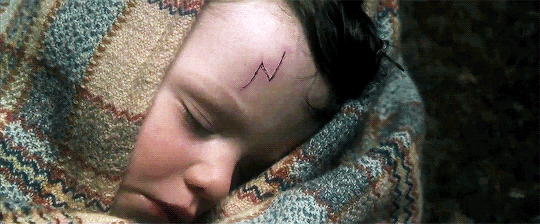
Some wizards don’t start to show signs of magic until age seven. This doesn’t mean Harry wasn’t a wizard until he first spoke to a snake or magically appeared on a roof; he has always been a wizard. Before Harry could express his magical nature through manifest magic, his magic was latent: his capacity of magic actually existed, it just wasn’t accessible as a capability yet. Even then Harry was a wizard, waiting to be revealed.

For a muggle to become a wizard, their essential kind would have to be changed. Something supernatural, beyond their ordinary nature, would have to happen for a member of mugglekind to become a member of wizardkind. Muggles never attain, retain, or reattain magic. Magic must be done to them for them to become magic beings.
What does this have to do with human fetuses?
If this system of reasoning about magic and wizardhood makes sense, apply the same pattern of logic to sapience and personhood. Sapience is a catch-all term for whatever mind functions make us equal people; everything from rudimentary perception and basic cognition to sophisticated consciousness and complex rationality could be included.
Prenatal humans do not magically become people. There is no magic moment that a prenate becomes a minimally sapient being. The moment a prenate first expresses signs of sapience does not mark a supernatural transition to personhood because their essential kind does not and will not change.
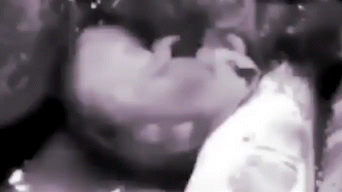
All humans at all stages of the human life cycle belong to the kind of beings that are sapient people! Because zygotes, embryos, and fetuses (ZEFs) inherit the nature of two people, by their essential kind they are sapient beings, even when they can’t express their sapient nature. But, you wonder, how can a person actually possess the essential capacity of sapience before they have a brain? In the same way a wizard can actually possess magic before they have a wand, duh!
Just because a being lacks the physical form required to express their nature through manifest capability doesn’t mean they don’t possess the essential capacity for that ability in latency.
Members of humankind are always attaining, retaining, or reattaining sapience because they possess the essential capacity for it. This means humans are members of personkind from the moment they begin to actively attain the sapience which proves our personhood: fertilization.
When a prenate obtains certain brain structures, she attains a capability of sapience as an enabled person. Her sapience is limited by possession of a brain and features of that brain. When her brain is injured or prevented from developing, her essential capacity for sapience isn’t lost, but her capability of sapience is diminished; she is a disabled person. If the process of attainment, retainment, or reattainment of capability she actively undergoes were to cease, she’d be a dead body.
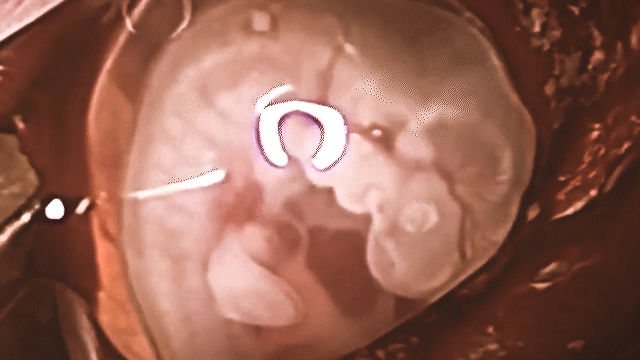
Human prenates belong to personkind yet have no or little capability of sapience. They are mostly non-sapient people, but still sapient beings. They possess the essential capacity of sapience by their essential kind, but before they obtain certain brain structures they temporarily exist as incapable people. They are nevertheless actual people with real, inherent personhood. The circumstantial existence of human ZEFs as incapable people proves that they are fundamentally different from “synthetic embryos” and of a completely different essence than cellular aggregates.
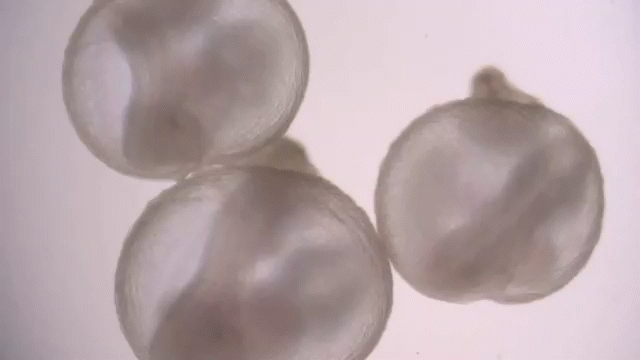
While a standard embryo originates when a sperm fertilizes an ovum (changing from the nature of two gametes to the nature of a totipotent organic system), a synthetic embryo originates when three plenipotent stem cells synergize to orchestrate a body plan. Synthetic embryos should be human organisms by their essential kind, but they have no capacity of sapience and will never attain any capability. Their origin renders them deficient to manifest sapience. Synthetic embryos are incapacitated, while standard embryos are contingently incapable.
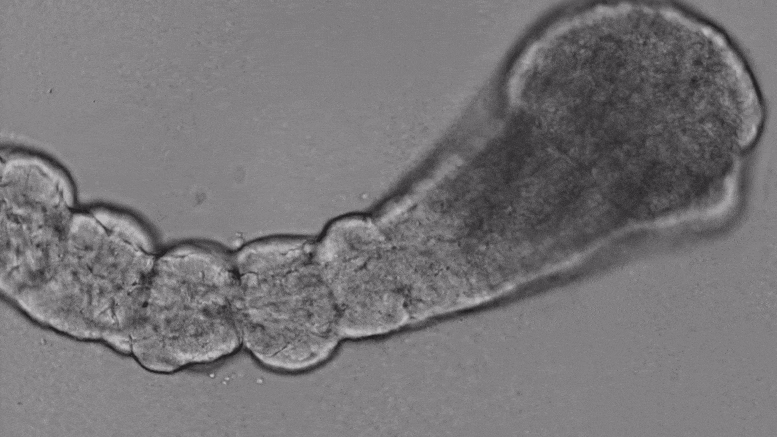
In contrast to embryos, cellular aggregates cannot orchestrate a body plan; they are literally clumps of cells, disorganized masses of tissues. Something supernatural, beyond its ordinary nature, would have to happen for a cellular aggregate to become an organism. Aggregates of human cells never attain, retain, or reattain sapience. Human cellular aggregates and human ZEFs do not belong to the same essential kind.
Human cellular aggregates are parts derived from human organisms. Human synthetic embryos are human organisms deficient of parts. Human corpses no longer sustain resistance to entropy; their organic systems have ceased to exist. Human ZEFs are whole organisms, complete self-directed organic systems, and distinct living beings. A healthy preborn person is at no point deficient of the parts she should have at the stage she happens to be in her life cycle. There is no essential part of her organism that a healthy ZEF lacks, and she lacks no essential capacities of her person either. She is a whole person at fertilization. All she may lack is a relationship with the people who are able to protect her.
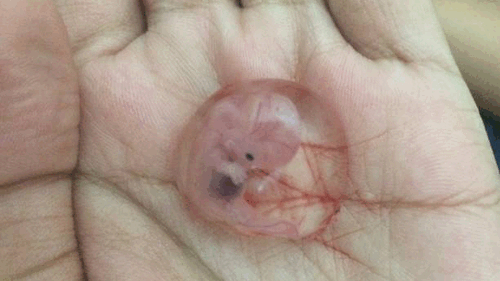
A human prenate’s capacity of sapience actually exists latently, it just isn’t accessible as a manifest capability yet. This is how fetuses are people. A human prenate is a person waiting to be revealed. To attain the sapience that proves our personhood, she only needs to be given time and not obstructed by disease or deliberately deprived of her vital needs. She actively relates to everything that makes us people through her attainment processes. We follow the same developmental process as her physically and undergo the same enselfment process as her metaphysically because she and we share the same essential kind: humankind! This is why fetuses are people. We identify with prenatal humans as kin, for our humanity is their humanity.
Preborn humans have always been people. That’s not a belief; that’s an understanding. There’s nothing magical about that rational truth.
To sum up:
- Humans are people by their essential kind, humankind. Sapience is a catch-all term for whatever mind functions make us equal people. Sapience is a functional ability. The ability to have sapience is the capacity for sapience. Humans have the essential capacity of sapience by the inherent nature of humankind. The capability of sapience is a level of cognitive ability within the range of an essential capacity.
- Humans who attain and retain some functional capability of sapience are enabled people. Humans who attained some capability of sapience but lost it are disabled people. Humans who have never attained sapience but are attaining it are incapable people. Humans who will never attain sapience are incapacitated.
- Prenatal humans are incapable people. Before prenatal humans can manifest sapient nature, their sapience is latent: present and unrevealed. Nothing supernatural occurs to humans after fertilization, as in beyond the ordinary nature of humankind. The essential kind of a human remains constant throughout their life cycle.
- If members of humankind have essential capacity for sapience, and beings with the capacity for sapience belong to personkind, then members of humankind are persons. All humans have personhood. Capabilities contingent upon temporal circumstance should never determine human equality.
Preborn humans are essential people.
[Today’s guest blog is by Elise Ketch.]
If you appreciate our work and would like to help, one of the most effective ways to do so is to become a monthly donor. You can also give a one time donation here or volunteer with us here.


